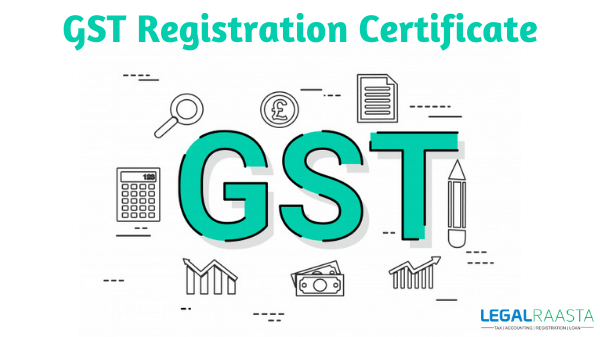Why Singapore GST Registration is Important for Your Startup
Wiki Article
Making Best Use Of Tax Obligation Effectiveness: Professional Tips on Navigating the GST Registration Maze for Local Business
Navigating the complex landscape of Item and Provider Tax Obligation (GST) enrollment can be a labyrinthine job for small companies aiming to optimize their tax effectiveness. Recognizing the eligibility standards, thorough documents needs, critical timing factors to consider, and adept enrollment procedure pointers can considerably affect a company's economic standing. Conformity with GST guidelines is extremely important, and sticking to finest practices can improve operations and avoid prospective risks. In this discussion, we will discover experienced understandings and workable advice that can encourage local business to browse the GST enrollment labyrinth successfully and maximize their tax obligation efficiency.Qualification Requirements
Eligibility demands for Small Business GST Enrollment incorporate particular criteria that businesses must fulfill to conform with tax obligation regulations. To qualify for GST registration, a company should have a yearly turnover surpassing the threshold set by the tax obligation authorities, which differs by nation.
Documents Demands
The called for documentation commonly includes proof of service enrollment or consolidation, identification and address proofs of the company proprietor, pictures, financial institution account details, and proof of the primary location of organization. Additionally, companies require to provide details of their company tasks, consisting of the solutions or products provided.Keeping all needed documentation organized and easily available can simplify the enrollment process and assistance companies abide with the demands efficiently. Meticulous focus to detail and adherence to the documents guidelines are essential for a successful GST enrollment process for tiny companies.
Timing Factors To Consider
Thinking about the important documents requirements have actually been meticulously attended to, the next vital aspect for small companies beginning on the GST enrollment process is the calculated management of timing considerations. Timing plays a crucial role in GST registration, influencing not only conformity yet likewise financial elements of business. Small companies require to very carefully plan the timing of their GST enrollment to make the most of benefits and lessen prospective risks.
Moreover, organizations need to straighten the timing of their GST enrollment with their functional preparedness. Ample prep work, such as upgrading audit systems and training team, is necessary visit to perfectly integrate GST requirements into everyday operations. By tactically taking care of timing factors to consider, local business can navigate the GST registration procedure successfully and enhance their tax efficiency.
Enrollment Refine Tips
Efficiently browsing the GST registration process needs little companies to implement proactive and strategic enrollment procedure suggestions. One important suggestion is to ensure all essential papers are readily offered before starting the enrollment procedure. This includes service enrollment papers, evidence of address, bank statements, and identification proofs of the company owners. Validating the accuracy of the information provided is just as important to avoid beings rejected or delays.Furthermore, recognizing the thresholds and demands for GST enrollment based on the particular state or region where business operates is crucial. Some states have different turnover thresholds that activate mandatory registration, so being notified regarding these limits can aid businesses prepare ahead.
One more beneficial tip is to think about seeking expert help from accounting professionals or tax obligation professionals who specialize in GST registration. Their experience can streamline the procedure, reduce errors, and guarantee conformity with all regulations.
Compliance Best Practices
Small organizations should focus on conformity to prevent fines and maintain a great standing with tax obligation authorities. Small service owners ought to frequently examine federal government guidelines and seek specialist suggestions if required to ensure they are fulfilling all demands. By incorporating these conformity best methods into their procedures, tiny services can browse the intricacies of go to website GST enrollment with confidence and effectiveness.Conclusion
In conclusion, small companies can navigate the GST registration labyrinth by guaranteeing they meet eligibility requirements, gather required documentation, think about timing implications, adhere to registration procedure ideas, and comply with conformity best techniques. By optimizing tax performance with proper GST enrollment, companies can boost their economic monitoring and procedures.Navigating the detailed landscape of Product and Provider Tax (GST) registration can be a labyrinthine task for tiny companies aiming to maximize their tax obligation performance.Eligibility demands for Small Business GST Enrollment incorporate particular requirements that companies must fulfill to conform with tax laws. The required documents typically consists of proof of business enrollment or address, identity and incorporation evidence of the company proprietor, photos, financial institution account information, and proof of the principal place of Get More Info business. Furthermore, businesses need to give information of their business tasks, including the goods or services provided.Efficiently navigating the GST enrollment process needs tiny services to implement critical and proactive registration procedure suggestions.
Report this wiki page